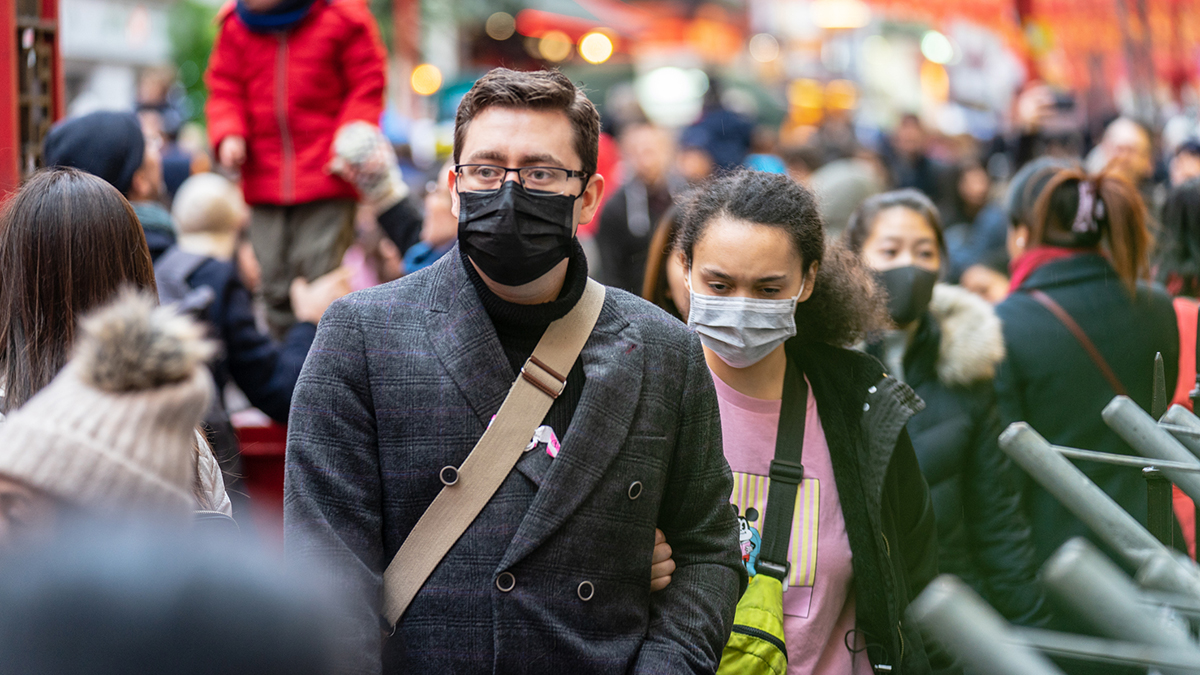Revised COVID-19 contact-tracing app gets launch date in England and Wales

The UK government’s COVID-19 contact-tracing app is to be launched across England and Wales on 24th September, after months of delays while the project had to be completely reworked.
A pilot trial began on the Isle of Wight in May, and at the time the project was billed as a major part of the government’s strategy to fight the disease, which is on the march again as the UK faces a dreaded ‘second wave’.
The earlier NHS app would have been based on a centralised database of registered participants, but sparked concerns about infringement of civil liberties before it was abandoned.
A new version will use the decentralised version of the app from Google and Apple that relies on smartphones detecting each other, helping to maintain public privacy.
With the new app, people will be able to scan barcode-like QR codes to register visits to hospitality venues.
Businesses are being asked to display the QR code posters to support the app.
Some hospitality venues are already using similar systems to test and trace but are being asked to switch to the NHS version instead.
Universities, hospitals, leisure premises, civic centres and libraries are also being asked to display posters in communal areas where people gather for longer than 15 minutes.
An alternative system such as a handwritten register must also be maintained for visitors who do not have smartphones, according to the Department of Health and Social Care.
It’s hoped that the app will provide hospitality venues and pubs a simple way of complying with the coronavirus regulations.
Last week Scotland launched its own app, Protect Scotland, which has already been downloaded around 600,000 times.
The development comes as England was urged to step up its test-and-trace system amid signs that infection rates are rising once again.
There have been more than 3,000 new cases recorded for several days running, and while some of the rise has been attributed to increased levels of testing a community survey has showed increased infection rates.
In England a new law prohibiting social gatherings of more than six people has come into effect.
The new laws mean that, apart from a set of limited exemptions including work and education, any social gatherings of more than six people will be against the law and could be broken up by police.
Police will also be able to fine individuals £100, doubling up to a maximum of £3,200.
The rule applies across England and replaces the existing ban on participating in gatherings of more than 30 and the current guidance on allowing two households to meet indoors.
Exemptions include cases where a single household or support bubble is larger than six people. The rule also does not apply to gatherings for work or education purposes, and to other gatherings including weddings, funerals, and team sports organised in a COVID-19 secure way.
Venues following COVID-19 secure guidelines – such as places of worships, gyms, restaurants and other hospitality venues – can still hold more than six people in total. But within those venues, there must not be individual groups larger than six, and groups must not mix socially or form larger groups.












